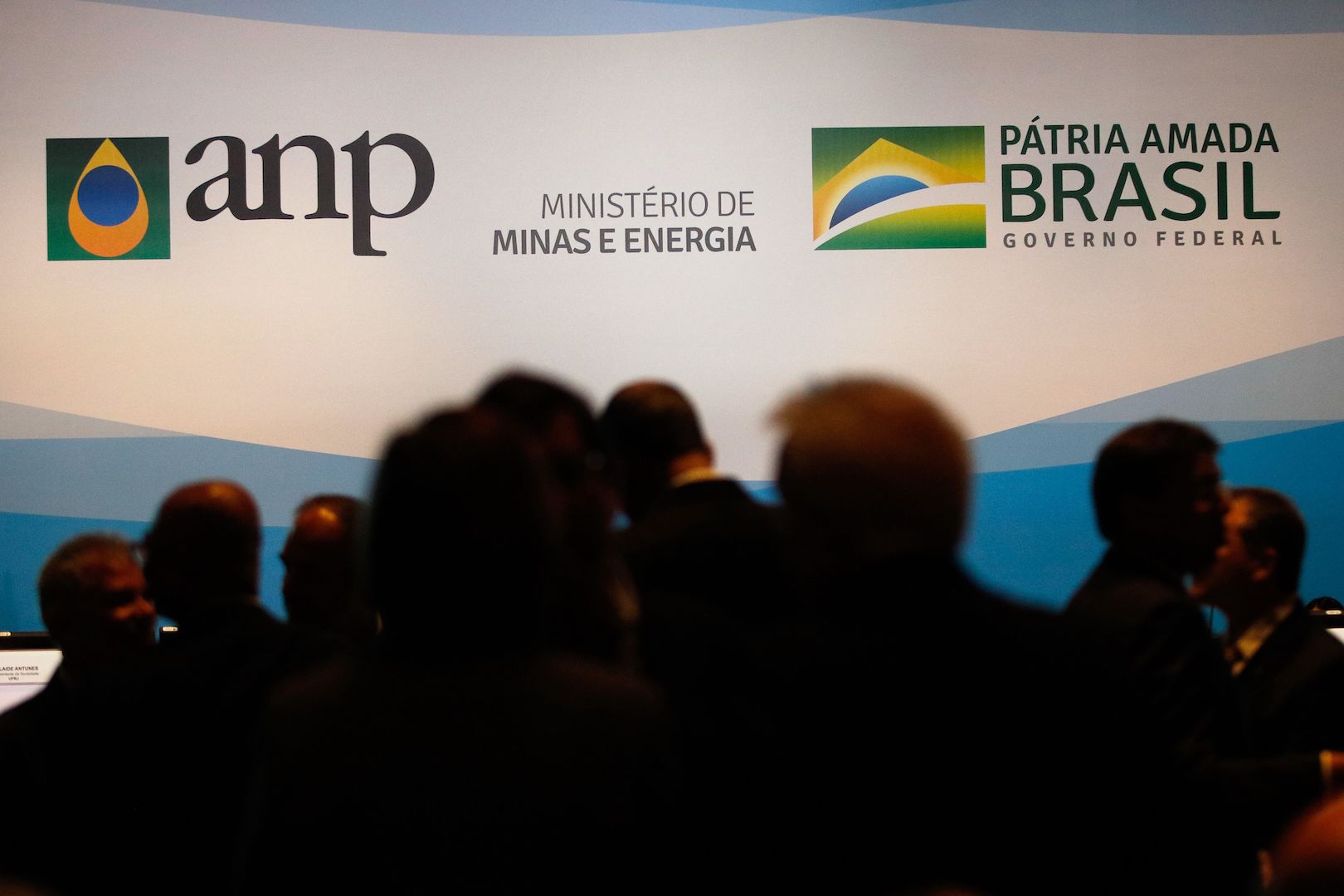SÃO PAULO, BRAZIL – The enormous buildup surrounding this week’s petroleum field auctions in Brazil flopped, as no major oil company came forward to bid for the November 6th and 7th blocs, located along the Brazilian coastline. Headlines across the country deemed the auctions a failure, but according to a FGV professor the fiasco could have been avoided.

“There was excessive optimism and very high minimum prices for the lots in question,” Rafael Schiozer, professor at Fundacao Getulio Vargas told The Rio Times.
In the end, only two of the four lots in the November 6th auction, and one of the five offered during the November 7th auction were sold: all went to state-controlled Petrobras in a partnership with two Chinese state-owned companies. And while the government was counting on receiving a significant bonus for the sales, the final selling prices were either the minimum price or little higher than the minimum.
“I wouldn’t go as far as to say it was a total failure but the results were extremely disappointing,” argued Schiozer.
According to Schiozer, the November 7th pre-salt auction minimum bids were too great a risk for big oil companies.
“Although the pre-salt blocs are attractive, the cost for the extraction of oil from those locations is high and there are other places in the world, such as the coast of East Africa and even in the United States, with fields just as attractive but with lower risks,” argued Schiozer, adding “The pre-salt blocs are not a rare, unique opportunity for oil companies.”
According to the FGV professor a major factor in the lack of participants was certainly the global petroleum scenario. “Pre-salt exploration areas are very sensitive to price variations due to the cost of extraction. If the [price of] a barrel of oil falls significantly in the next few years, the investments to be made in these pre-salt blocs in Brazil might just become too costly.”
In addition, says Professor Schiozer, in the November 6th auction there was a high level of uncertainty as to how much companies would have to pay after Petrobras charged for the exploration services already rendered. “Petrobras did not stipulate the cost of the ‘services already rendered’, so that was a big question mark that certainly made the deals riskier.”
So what should the Brazilian government do to make the blocs that were not sold more attractive for the next auctions? “The government must reduce the minimum price of the blocs and in the case of the blocs left over from the November 6th auction, announce the price Petrobras wants to receive for the exploration already conducted in these areas,” says Schiozer.

The IBP (Brazilian Petroleum Institute) an association of oil companies, agrees.
“Among the possible changes, the industry suggests a less concentrated auction calendar, the readjustment of minimum participation conditions, as well as an adjustment of the risk profile in the face of global opportunities,” said the IBP in a press release on Friday.
The type of auction regime has also been blamed for this week’s disappointing results. The November auctions were held in a production sharing regime, where part of the petroleum obtained must be shared with the Brazilian government, rather than a concession regime, where the winning company owns the extracted petroleum. Government officials have stated that they will try to change the auctions back to the concession regime before putting any more lots on the selling block.
“Although I personally think the concession regime is better, more attractive, the switching back and forth between production sharing and concession regimes is not good; it makes investors uncertain about future government rules,” says Schiozer.
According to Shiozer the only way the government can maintain the minimum prices stipulated at this year’s auction for those lots not sold, is if the price of petroleum goes up by next year. “If the price of a barrel goes up then the government could keep those minimum prices and the lots will still be attractive. If not, it must reduce the prices or else face another disappointing auction,” concludes the professor.
And although the IBP notes that “the non-participation of large global companies indicates the opportunity to adjust the current rules” and that “the industry is still interested in the country”, according to Brazil’s Economy Minister, Paulo Guedes says the main message that was sent in this latest auction rounds was: “You are too complicated, it is very difficult to invest there.”

